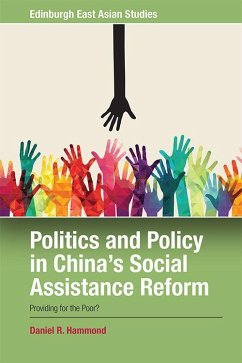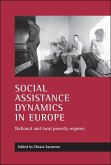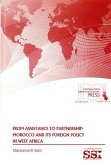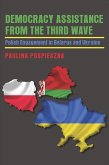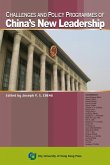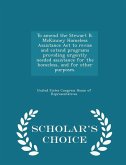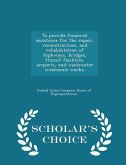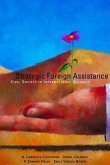Politics and Policy in China's Social Assistance Reform: Providing for the Poor By Daniel R. Hammond Every day in the People's Republic of China 70 million people receive help from the state through the minimum livelihood guarantee (dibao). What began as a reform in the city of Shanghai in the early 1990s is now a key component in the measures used by the Communist Party of China to maintain social stability and legitimacy. While scholars regularly discuss how effective dibao has been in alleviating poverty, very few address what influenced its development. This book argues that in order to understand dibao we need to look at how the programme emerged and how it has developed in the years since. Drawing on newspaper articles, government reports and interviews with key officials and researchers, this book also addresses debate on the policy process in China as a whole. Key Features * Addresses a significant gap in current publications on Chinese social policy in the reform era, namely studies of the dibao programme. * Using fragmented authoritarianism as the main approach and building on the author's background in history, political science, policy studies and Chinese studies, the text engages with not just the topic of social assistance in China but bigger questions regarding the policy process in China. * Uses extensive primary Chinese language sources to support arguments made using a grounded analytical approach; sources include newspaper reports, government speeches, government reports, government circulars, and interviews with officials and researchers in China. Daniel R. Hammond is Lecturer in Chinese Politics and Society at the University of Edinburgh.
Hinweis: Dieser Artikel kann nur an eine deutsche Lieferadresse ausgeliefert werden.
Hinweis: Dieser Artikel kann nur an eine deutsche Lieferadresse ausgeliefert werden.

